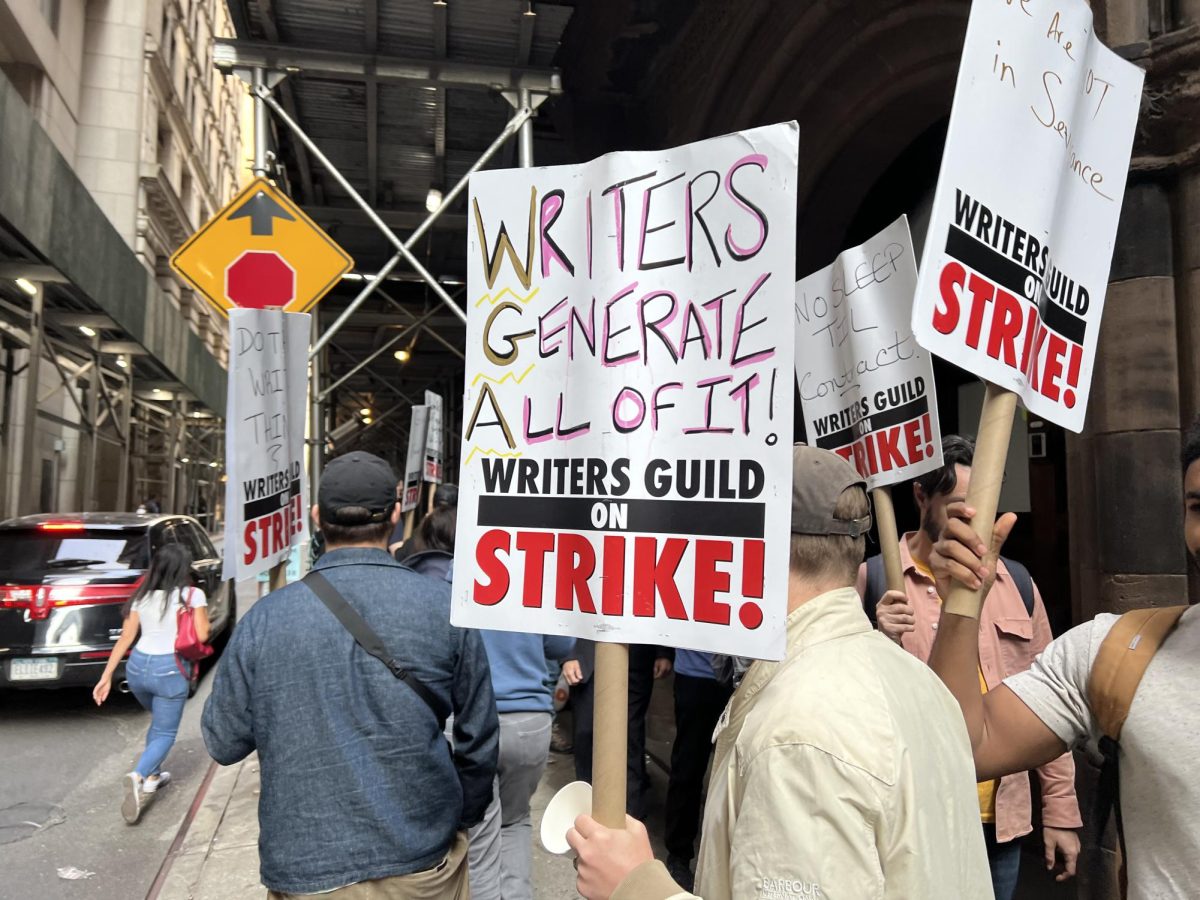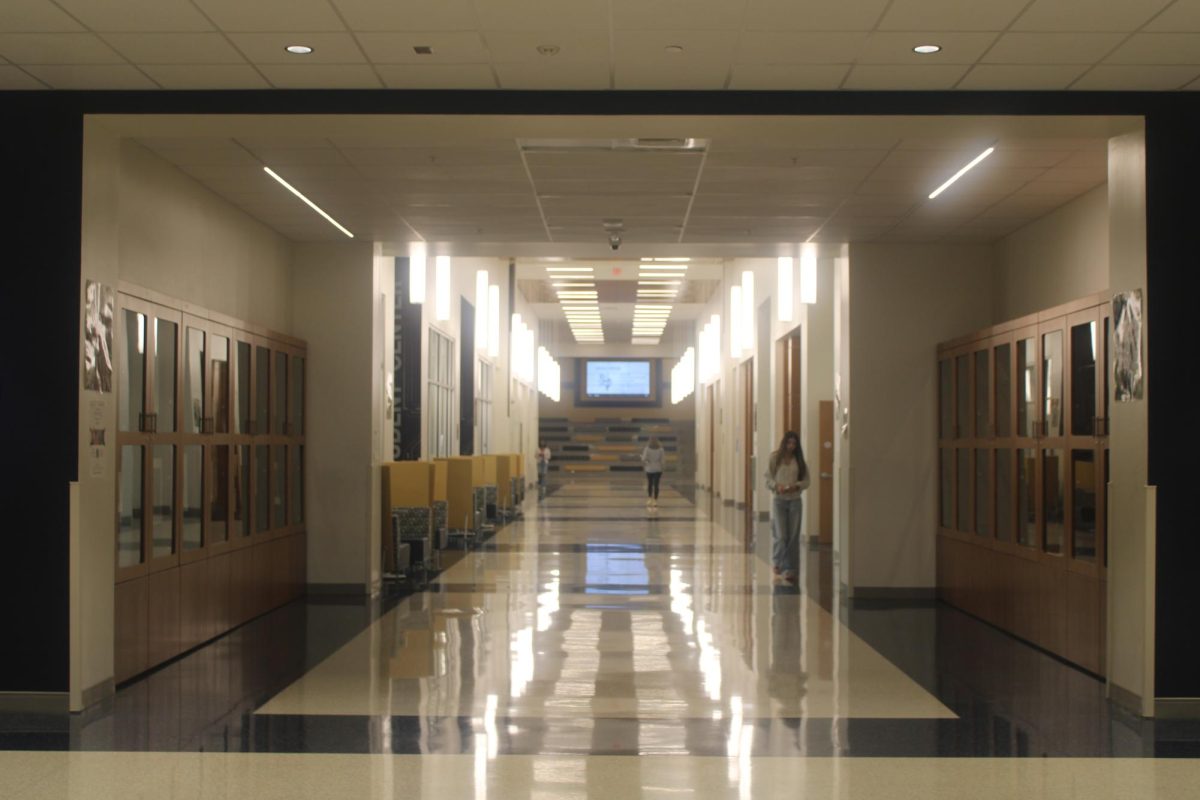Across the United States, the entertainment industry is delaying the production of more than 250 shows and movies. This is due to production companies refusing to meet the standards of entertainment workers, leading to unemployment and strikes of 160,000 actors and 11,500 screenwriters. Popular movies and shows such as “Stranger Things Season 5,” “Saturday Night Live,” “Deadpool 3,” “Spider-Man 4,” “The Summer I Turned Pretty” and “It Ends With Us” have been delayed with no definite release date in the future.
Cameron Lee (11) found out about the writers’ strike around the premiere of “Oppenheimer.”
“I had known about the writers’ strike for a while, so to see the actors join in was crazy. I was instantly invested, especially due to how significant of a movie it was,” Lee said.
The two unions on strike are the Writers Guild of America (WGA) and Screen Actors Guild and American Federation of Television and Radio Artists (SAG-AFTRA). WGA represents the screenwriters while SAG-AFTRA represents actors. This is the first time the two unions have banded together against production companies since 1960. The strikes started May 2, 2023, when WGA and SAG-AFTRA failed to reach an agreement with the Alliance of Motion Picture and Television Producers (AMPTP) over their pay and the introduction of artificial intelligence into screenwriting which would take thousands of jobs. Artificial intelligence is also starting to replace the need for background characters or extras.
Addyson Crocker (11) sympathizes with the actors, as she hopes to pursue a career in the industry.
“I support the actors’ and writers’ strike because I think they deserve better pay for the projects they do,” Crocker said.
Actors from shows or movies on streaming services are also demanding residuals which would mean actors would get more pay as people rewatch their show or movie. The switch from cable and satellite television to streaming services like Netflix, Disney+, Hulu, ESPN+, Max and Amazon Prime is the main reason production companies are struggling to meet the standards of their workers. Streaming services are demanding screenwriters to work later nights and only getting paid a fraction of what they would have made years ago working in television. The one thing keeping this strike from being resolved is the lack of communication between the two unions and AMPTP.
Dr. Ben Dawkins, director of the upcoming school play “A Midsummer Night’s Dream,” is familiar with the industry and has friends and former colleagues in both unions on strike.
“In the last 10 years, the ways we experience film and television have changed a great deal. With streaming services becoming nearly ubiquitous in the home, the traditional media markets in film and television have become in many ways secondary to streaming. Living in South Carolina, we do not always see the effects of strikes and collective bargaining in our daily lives,” Dawkins said.
The last time representatives from SAG-AFTRA and AMPTP spoke was July 12. Since then, AMPTP refuses to discuss when they will renegotiate with actors to restore the entertainment industry.









